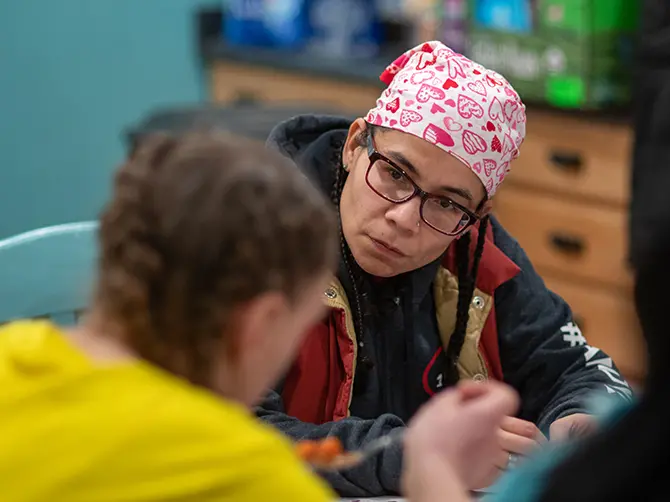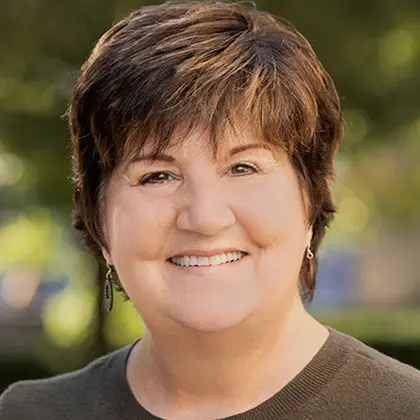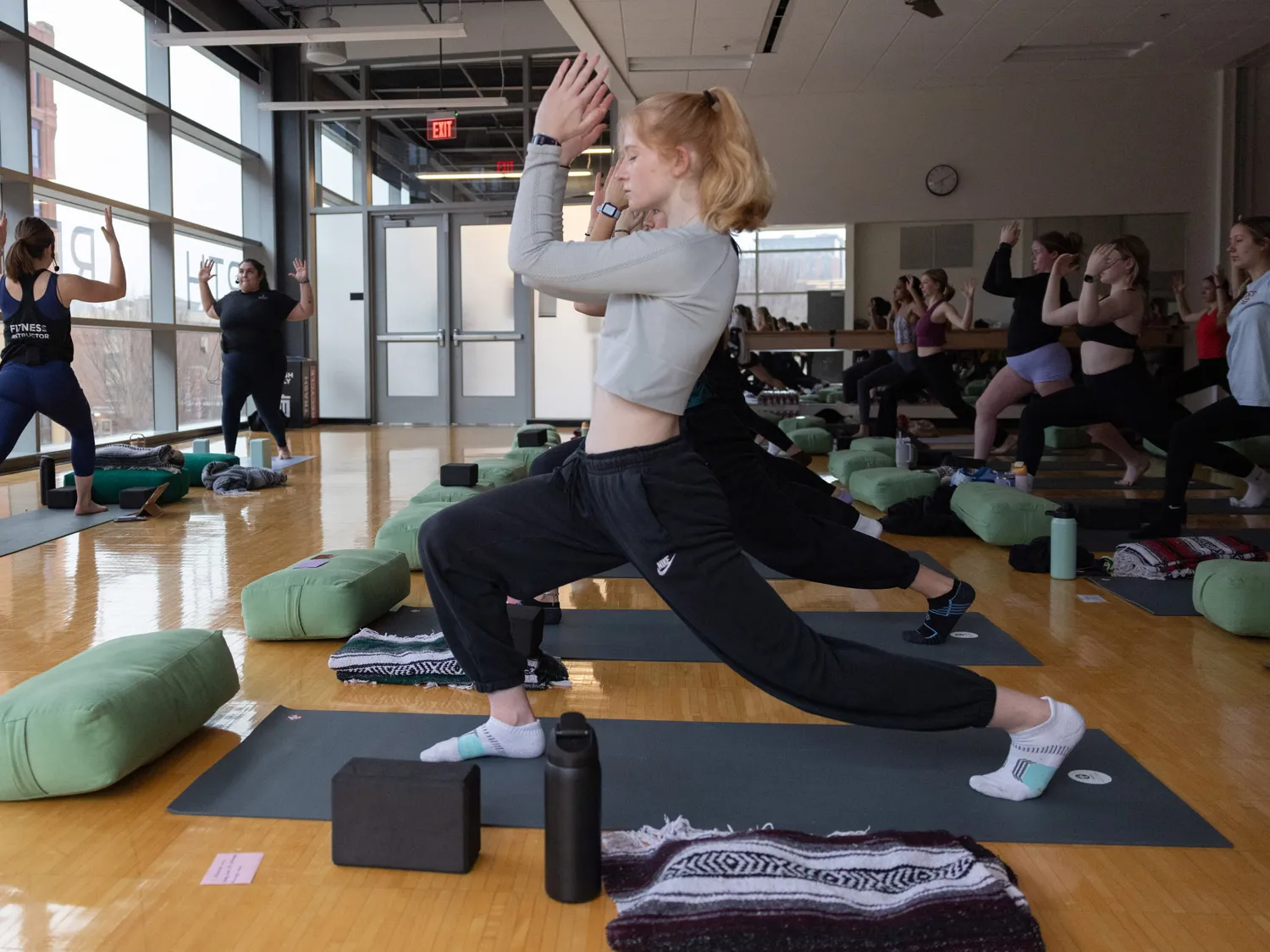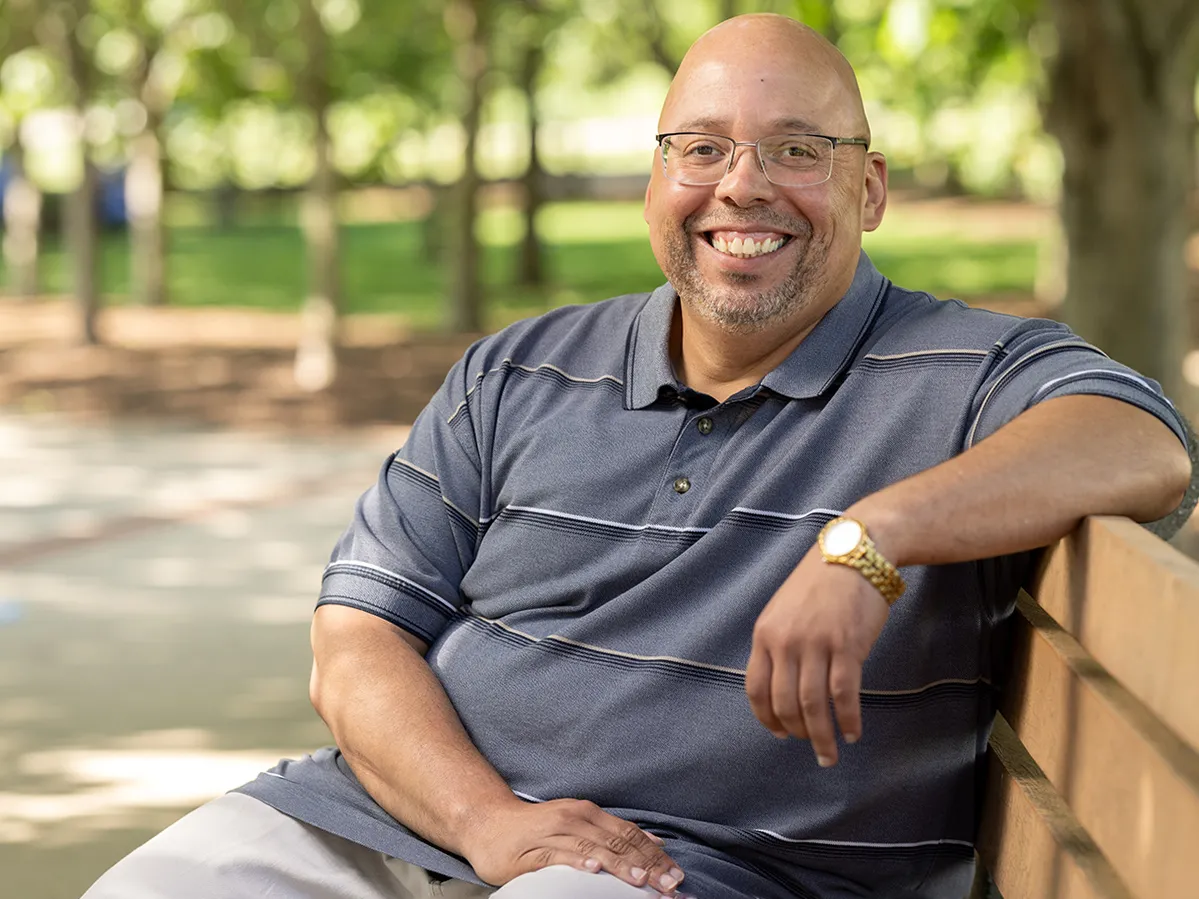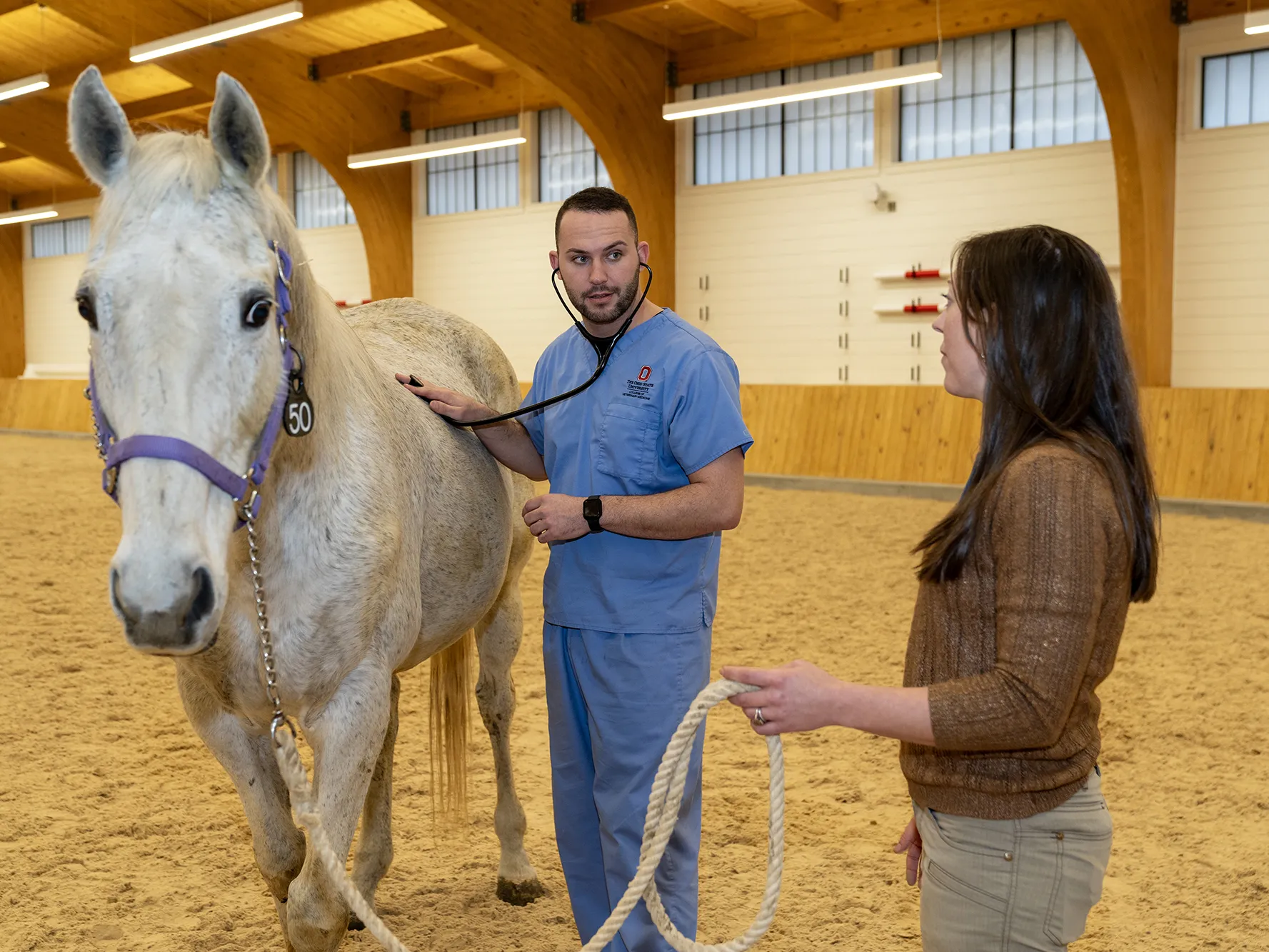In this court, the goal is rebuilding, not punishing
Two Columbus judges (both alumni) guide human trafficking victims into pursuing lives they didn’t realize were possible.
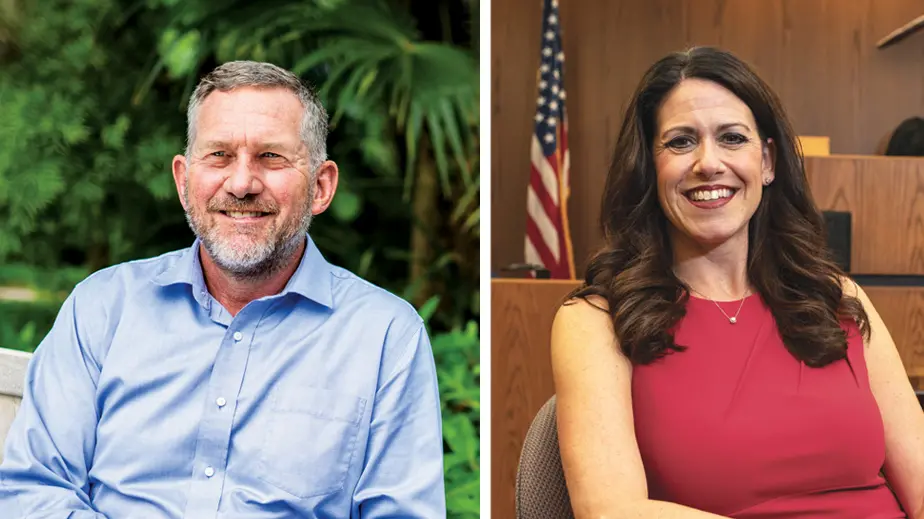
CATCH Court was started by former Franklin County Judge Paul Herbert, now retired, to help restore the lives of human trafficking victims charged with crimes. Today, the court is overseen by Judge Jodi Thomas. Darron Silva (Judge Herbert), Jo McCulty (Judge Thomas)
Former Judge Paul Herbert ’83 remembers the exact moment he began to understand the dynamics and brutality of human trafficking. He was on the bench in Franklin County Municipal Court, and he mistook the female defendant before him for a victim of domestic violence.
“She had been beaten up by her trafficker. She had a black eye, her nose looked like it’d been broken. Just awful. I looked down at the file and it said ‘prostitute.’ In my middle-American, white-male brain, it finally got through to me.”
When he finished court that day, the judge went straight to the internet. What he learned then, and in later conversations with women charged, led him to establish the nation’s third specialized court for human trafficking in 2009. Herbert presided over the court for a decade, becoming the first man many of the women ever grew to trust, says Judge Jodi Kotzin Thomas ’98.
When Herbert retired in late 2020 after 17 years on the bench, he turned his responsibilities over to Thomas with full confidence. In nearly two decades as a public defender, Thomas had represented most of the women who came before the court. She was one of the first people Herbert shared the original concept with, and he knew she had the compassion and connections to take the program to the next level.
